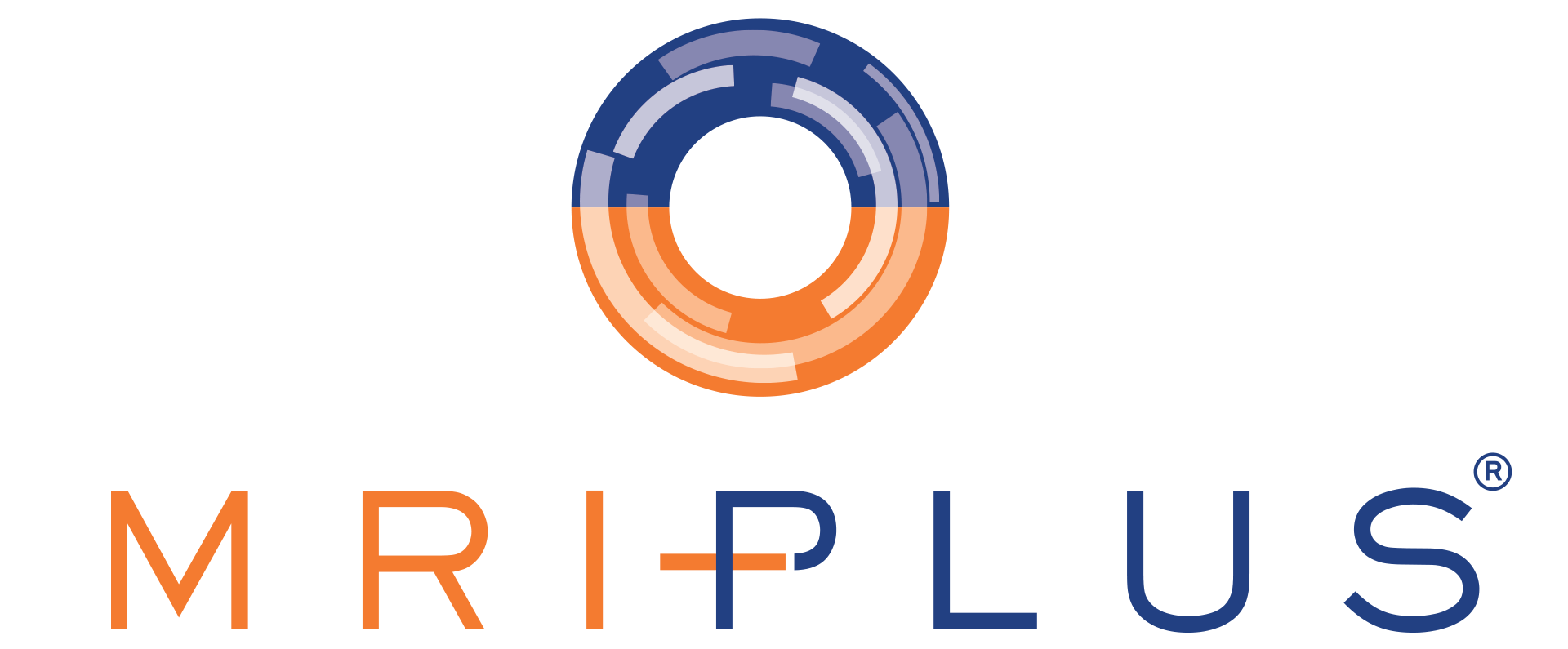10 foods to help prevent cancer
February 21, 2023
Can eating a healthy, balanced diet reduce your cancer risk?
It is widely known that eating a healthy, balanced diet and having an active lifestyle can improve our general health and wellbeing, but it can also reduce our risk of developing chronic diseases, like cancer.
It is estimated that maintaining a healthy, balanced diet could help prevent 1 in 10 cancers in the UK. Research suggests that the strongest dietary links are with cancers of the digestive tract – mouth, food pipe (gullet or oesophagus), stomach and bowel (colon).
While no single food can prevent cancer, a diet that is rich in various plant-based foods, such as fruits, vegetables, pulses and whole grains, and pulses, and low in processed foods, is associated with a reduced risk of cancer.
Foods to help reduce your risk of developing cancer
There is research to suggest that these specific foods may help reduce your risk of developing cancer:
1. Berries
Berries, such as blueberries, strawberries, and raspberries, are high in antioxidants that can help protect cells from damage and lower the risk of various cancers.
You can boost your intake of berries by adding a handful to breakfast cereals and desserts, blitzing into smoothies, or simply enjoy as a healthy snack.
2. Brassica
Brassica, otherwise known as cruciferous vegetables, originate from the mustard family and are some of the most cultivated and nutritious vegetables you can eat. These cruciferous vegetables contain compounds called glucosinolates that have been shown to have anti-cancer properties.
Studies suggest an association between high consumption of brassica vegetables and decreased risk of cancer - most consistently for lung, stomach, colon and rectal cancer.
Brassica vegetables include broccoli, cabbages, cauliflower, kale, brussels sprouts and cabbages, which can be added into a variety of different meals.
3. Fibre-rich foods
There is strong evidence that a high-fibre diet can reduce the risk of bowel cancer.
For fibre-rich foods, you can try fruits, vegetables, nuts, seeds, beans and wholegrain breads, pasta and cereals.
4. Garlic
Garlic has been shown to have anti-cancer properties, and may help reduce the risk of certain cancers, such as stomach and colon cancer.
Try adding a little extra garlic into your evening meals!
5. Green Tea
Green tea contains catechins, which are antioxidants that have been shown to have anti-cancer properties.
As green tea contains caffeine, it can be a good alternative to drinking tea or coffee.
6. Lean meats & plant-based protein
Traditionally, meat is known to be a good source of protein, vitamins and minerals. However, evidence suggests that eating a lot of red and/or processed meat is linked with a risk of bowel cancer. 'Red meat' includes beef, pork and lamb and ‘processed meat’ includes preserved meats, such as ham, bacon and sausages.
The Department of Health
suggests choosing lean cuts of meat and eating less processed meat. As a guide, if you eat more than 90g (cooked weight) of red/processed meat a day, look to cut down to 70g (the equivalent of 500g a week).
Another suggestion is to try plant-based alternatives, such as beans and pulses, as they are lower in fat, higher in fibre and more sustainable.
7. Oily Fish
Oily fish, such as salmon, sardines, and mackerel, are high in omega-3 fatty acids, which have anti-inflammatory properties and have been linked to a reduced risk of certain cancers.
You can enjoy fish in many dishes, from breakfast to sushi. If fish isn't your thing, there are many supplements available.
8. Reduce your salt
There is an increased risk of stomach cancer linked to a diet high in salt and salted foods.
Try reducing salt whilst cooking and check food labels for salt content in foods such as bread, processed meats and microwave meals.
9. Tomatoes
Tomatoes are a rich source of lycopene, a powerful antioxidant, that has been shown to reduce the risk of certain cancers, such as prostate cancer. Other foods containing lycopene include guava and watermelon.
Research has shown that the human body can absorb lycopene better from cooked tomatoes, so try adding a few extra tomatoes into your next pasta dish!
10. Tumeric
Turmeric is a spice that contains curcumin, a compound with anti-inflammatory and antioxidant properties that may help prevent cancer. Why not try adding some turmeric to your next curry?
Overall
, maintaining a diet that is high in plant-based foods and lower in processed foods can improve your overall health and may help reduce your risk of chronic disease and cancer.
Please consult with your GP before making any major changes to your diet or lifestyle.









